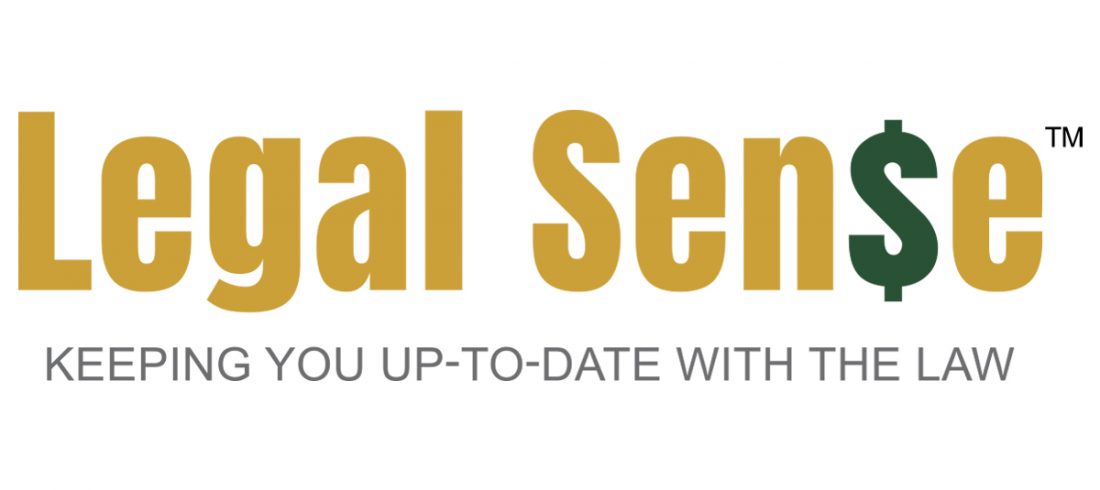By Dalton Floyd, Jr.
Over the years, we have examined some areas of liability that affect golf courses such as errant golf ball liability, lightning liability, soft spike liability, liquor liability, and premises liability. There is no “fool proof” way you can totally alleviate and prevent lawsuits from being filed against you. Just as golf has graduated from being a recreational activity to a business, we have seen an increase in lawsuits filed against golf courses.
According to the National Federation of Independent Business, a small business is six times more likely to be sued than it is to sue. Most other business owners have learned the value of practicing prevention law for some time. The same NFIB study estimated the average cost of defending yourself in a lawsuit at $100,000.00 which certainly creates an incentive for practicing preventative law. Exercising some basic precautions and good common sense can help keep you out of trouble. In this article, we will examine some of the legal hot spots for golf facilities so that you may avoid the court system.
Premises Liability
Put customers on notice that they are responsible if they injure themselves or others hitting the golf ball, walking the course, and driving the cart as they make their way around the golf course. Legally, this is called “assumption of risk”, or in some states it is a factor in the comparative negligence of the parties, and your customers should be informed and understand that there are risks and dangers on the golf course for which they are responsible. Signed waivers of liability and releases should be used where appropriate and as recommended by your attorney.
Make sure claims and complaints are reported promptly and handled efficiently with concern for the injured party. This means your employees must be trained so that they will know what to do and how to do it when an incident occurs. The objective is to keep the incident from turning into a lawsuit, and indifference can cause a lawsuit to be filed.
Periodically inspect your golf facility, and if possible, invite a team of golf professionals and golf superintendents from other area courses to assist you with this. They might notice the potholes in the cart path that could cause a golf cart accident that you might overlook because of complacency. Your insurance carrier could also be of help here if you ask for a review, and might lead to reduced premiums if corrective action recommended by the company is taken. It is prudent to involve your club’s attorney with the inspections to ensure confidentiality, and protect the discovery of this information if a lawsuit is filed.
Contracts
Agreements, especially if they are not written, are a breeding ground for litigation. The day of the “handshake” to consummate a business deal is over, and you should exercise care and attention to agreements with landowners, homeowners associations, vendors, patrons, and so on. Ambiguities in the contract are the number one cause of misunderstandings and lawsuits. Spell everything out, and be wary of using form contracts prepared by the other party. The old saying, “the devil is in the details”, is truer today than ever before.
Define the terms used in the contract and review all boilerplate language. Add a liquidated damages clause and a clause that would allow you to recover attorney’s fees and court costs if you have to sue the other party for breach of the contract. If you don’t include a provision on this, attorney’s fees and court costs are not recoverable. It also makes the other party think twice before he or she violates the contract. Finally, consider the insertion of a mediation and arbitration clause in the contract. It is a lot less expensive and faster than arguing in court over the agreement.
For more information or legal help for your golf course, contact The Floyd Law Firm. We can help to balance the technical details of golf industry law with a common sense approach to any legal problems facing those in the golfing business.




